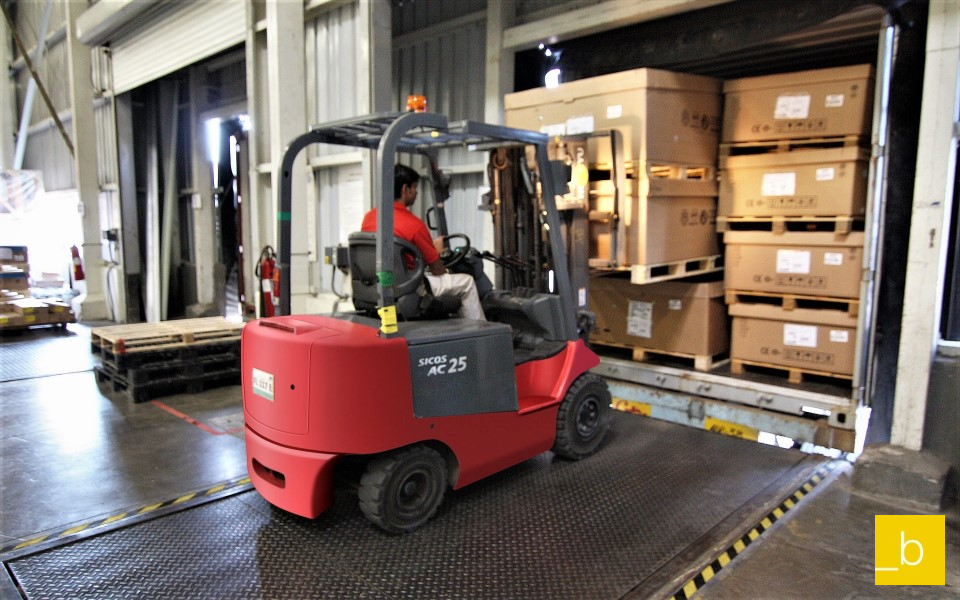One of the advantages of the digital transformation in the logistics sector is the automation of the information flows between the different actors. This means a leap in productivity and considerable traceability for any operator. For this reason, digitalization strategies are increasingly oriented towards the digital exchange of information with the maximum number of collaborators.
We review the main advantages of connectivity for a logistics operator:
Paperless transport management
The most obvious consequence is that all the formalities associated with the transport contract are free of paper. By means of digital communication, logistics operators electronically manage all the documentation necessary for the correct dispatch and receipt of their goods.
The Portic and Valencia Port platforms, for example, allow the exchange of information with all the companies in the port community. Booking requests and confirmations, admission/shipment orders, shipping instructions, transport orders can be made... Air Freight Solution, on the other hand, allows MAWB/HAWB shipments to be made electronically. In addition, the forwarder can obtain information on the status of flights automatically in his ERP. They are therefore a good option for integration.
We recommend you: bytemaster successfully integrates with AFS
A logistics operator must integrate with platforms such as these to digitally manage its operations.
Automate management with Customs
One of the integrations that cannot be missing. The Customs and Excise Department of the State Tax Administration Agency offers declarants the possibility to submit their customs declarations by means of telematic techniques. Through a telecommunications system and using the EDIFACT standard, the telematic presentation of the Single Administrative Document is possible. It is applicable in Import, Export, Export+Transit and Transit Expedition operations. It is also possible to obtain automatically, through integration with an ERP, all types of messages: TNN, AVI, OBS, CUB, EAL and Customs Warehouse information (ADT/AD/DDA).
Another important integration
Another relevant integration is that which has to do with tariff items, which in Spain is DB Taric. You can provide automatically in the ERP the tariffs of the different concepts of the game without having to re-enter data.
Facilitate the preparation of commercial offers
The most recent platforms in the logistics environment are those that facilitate the automatic generation of transport tariffs. With them, a logistics operator can access from the same place the different existing offers for a particular transport. In fact you can even configure the final offer with the corresponding costs and margins for the customer.
With whom to integrate
The best known at present are Webcargonet, by Freightosfor air freight and Wtransnet in land transport. These platforms can be integrated with ERP to automatically transfer the lines of the offer and process the corresponding items.
Facilitate the management of orders with customers
The exchange of information with customers and partners is of great value to a logistics operator. That forwarding companies can send transport requests automatically to the management platform allows greatly simplify the operation. It also avoids duplicity and errors in the reintroduction of data.
Provide complete traceability of shipments
Only by integrating with the different actors of the logistics ecosystem is it possible to provide traceability of a shipment to your customers. The more automated the exchange of information, the better the organization will be able to provide this information in an agile and proactive manner. This is why it is important to communicate with both ports and ports. Customsas with the land transport fleet.
More information in: Solutions to provide connectivity to your transport fleet
What about the logistics operator's management platform?
Connectivity with the different platforms only makes sense if there is a sufficiently robust platform behind it, capable of capturing, interpreting and sharing this data for the corresponding purpose. Your ERP is the tool that must fulfill this function. Make sure that your current (or future) solution can easily and securely connect with the rest of the players in the logistics ecosystem.

Consultant in Logistics and Supply Chain Technologies


